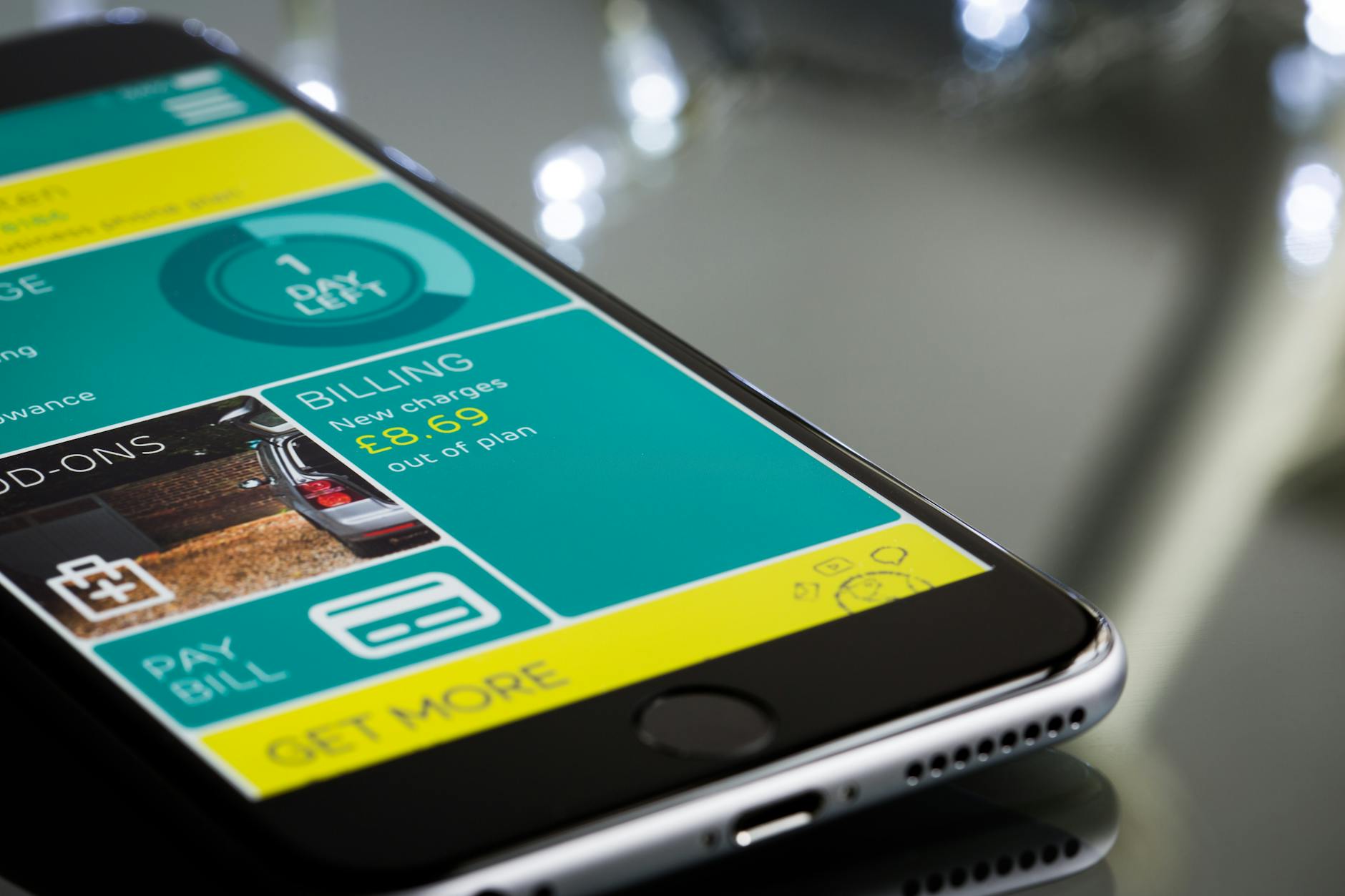GPS technology has become an integral part of our everyday lives, providing us with accurate location information and driving directions at our fingertips. For seniors, GPS technology can be a game-changer, providing them with a sense of independence and security. In this blog, we will provide a brief overview of how GPS technology works and explore the importance of GPS technology for seniors. From ensuring they can navigate unfamiliar areas safely to tracking their movements for caregivers, GPS technology offers numerous benefits for seniors.

What is GPS?
GPS, or Global Positioning System, is a satellite-based navigation system that allows users to determine their exact geographic location anywhere on Earth. It consists of a network of 24 satellites orbiting the planet. GPS works by sending signals to receivers on the ground, which then calculate the user’s position based on the time it takes for the signals to reach them.
Originally developed for military purposes, GPS has now become an essential tool for everyday navigation, mapping, and location-based services. With its high level of accuracy and reliability, GPS has revolutionized the way we travel, explore, and interact with the world around us.
Benefits of GPS Technology
GPS technology has become an essential tool for people of all ages, including seniors. This innovative technology offers numerous benefits that can greatly enhance the quality of life for older individuals. Here are seven key benefits of GPS technology for seniors:
Safety and security
GPS tracking devices can provide peace of mind for seniors and their families by allowing them to easily locate the senior in case of an emergency. Whether the senior is out for a walk, running errands, or traveling, their whereabouts can be easily monitored using GPS technology.
Independence
GPS technology allows seniors to maintain their independence by giving them the confidence to venture out without the fear of getting lost. Therefore, seniors can navigate unfamiliar places with ease and can also be quickly located if they need assistance.
Dementia and Alzheimer’s support
For seniors living with dementia or Alzheimer’s disease, GPS technology can be a lifeline. Caregivers can track their loved one’s movements to ensure they are safe and can quickly locate them if they wander off.
Health monitoring
Some GPS tracking devices also offer features that allow seniors to monitor their health, such as tracking their daily activity levels, heart rate, and sleep patterns. This information can be shared with healthcare providers to help seniors better manage their health.
Social connectivity
GPS technology can help seniors stay connected with friends and family by easily sharing their location with loved ones. This can make it easier to coordinate visits or meetups, especially for seniors who may have mobility issues.
Emergency assistance
In the event of a medical emergency, having a GPS tracking device can help emergency responders quickly locate the senior and provide timely assistance. This can be crucial in situations where every second counts.
Peace of mind
Overall, GPS technology offers seniors and their families peace of mind knowing that help is just a click away. So, seniors can enjoy greater freedom and independence while their loved ones can rest easy knowing they can be easily located in case of an emergency.
In general, GPS technology is a valuable tool for seniors that can greatly improve their safety, independence, and overall quality of life. With the many benefits it offers, GPS technology is truly a game-changer for seniors looking to age in place with confidence.

Types of GPS devices for seniors
As seniors age, many may find themselves needing assistance with navigation and location tracking. GPS devices can provide peace of mind for both seniors and their loved ones by helping them stay connected and safe. Here are a few types of GPS devices specifically designed for seniors:
- Personal GPS trackers. These small, wearable devices can be easily attached to clothing or accessories and provide real-time location tracking. Seniors can carry these devices with them wherever they go, allowing their loved ones to easily locate them in case of an emergency.
- GPS smartwatches. Smartwatches with built-in GPS capabilities can track a senior’s location while also offering additional features such as heart rate monitoring, step tracking, and messaging. Some models even have emergency alert buttons that can quickly notify family members or caregivers of a problem.
- GPS apps for smartphones. For seniors who already own smartphones, downloading a GPS app can provide location tracking and other helpful features like driving directions and geofencing alerts. Many apps also offer easy-to-use interfaces and customizable settings for seniors with varying levels of tech-savvy.
- GPS navigation systems for cars. Seniors who still drive can benefit from GPS navigation systems that provide turn-by-turn directions, traffic updates, and points of interest. These devices can help seniors stay confident and safe on the road, even when traveling to unfamiliar locations.
No matter which type of GPS device seniors choose, having access to location tracking can provide peace of mind for both seniors and their loved ones. These devices can help seniors stay independent, safe, and connected to their support network.
How to choose the right GPS device for seniors
When it comes to choosing the right GPS device for seniors, there are a few key factors to consider to ensure that they are getting the most out of their device. Here are some tips to help you make the best decision:
- Ease of use. Look for a GPS device that is user-friendly and easy for seniors to navigate. Large buttons, simple menus, and clear displays are all important features to consider.
- Size and portability. Opt for a GPS device that is compact and lightweight, making it easy for seniors to carry with them wherever they go. A smaller device is also less likely to be misplaced or lost.
- Battery life. Be sure to choose a GPS device with a long battery life, so seniors don’t have to worry about constantly recharging it. This is especially important for seniors who may not have easy access to a power source at all times.
- SOS features. Many GPS devices come equipped with SOS buttons that allow seniors to quickly call for help in case of an emergency. Look for a device that has this feature for added peace of mind.
- Tracking and monitoring. Consider a GPS device that allows caregivers or family members to track the senior’s location in real-time. This can provide added security and help keep seniors safe.
By taking these factors into account, you can choose the right GPS device for seniors that meets their needs and gives you peace of mind knowing they are safe and secure.

Tips for seniors using GPS technology
As technology continues to advance, more and more seniors are embracing GPS technology to help navigate their way through everyday life. Whether it’s using a GPS app on a smartphone or investing in a standalone GPS device, here are some tips to help seniors make the most of this useful tool:
- Familiarize yourself with the device. Before hitting the road, take the time to familiarize yourself with how the GPS device works. Practice entering addresses, setting up routes, and understanding the different features available.
- Keep the device charged. Make sure to keep your GPS device charged and always bring a car charger with you on long road trips to avoid any unexpected battery issues.
- Use voice commands. Many GPS devices offer voice command options, which can be helpful for seniors who may have trouble navigating the device’s touch screen. Take advantage of this feature to make using the GPS device easier and more convenient.
- Stay updated. Make sure to regularly update the GPS device’s maps and software to ensure you have access to the latest navigation information.
- Trust your instincts. While GPS technology is a great tool, it’s also important to trust your instincts and use common sense when following directions. If something doesn’t seem right, don’t hesitate to pull over and double-check your route.
Where are you?
GPS technology offers seniors a reliable and easy-to-use tool for staying connected, navigating their surroundings, and increasing their independence. By following the tips and guidelines provided in this guide, seniors can effectively utilize GPS technology to enhance their daily lives and ensure their safety and well-being. With the ability to track their location, receive directions, and send alerts in case of emergencies, seniors can enjoy greater peace of mind and confidence in their ability to navigate the world around them.






